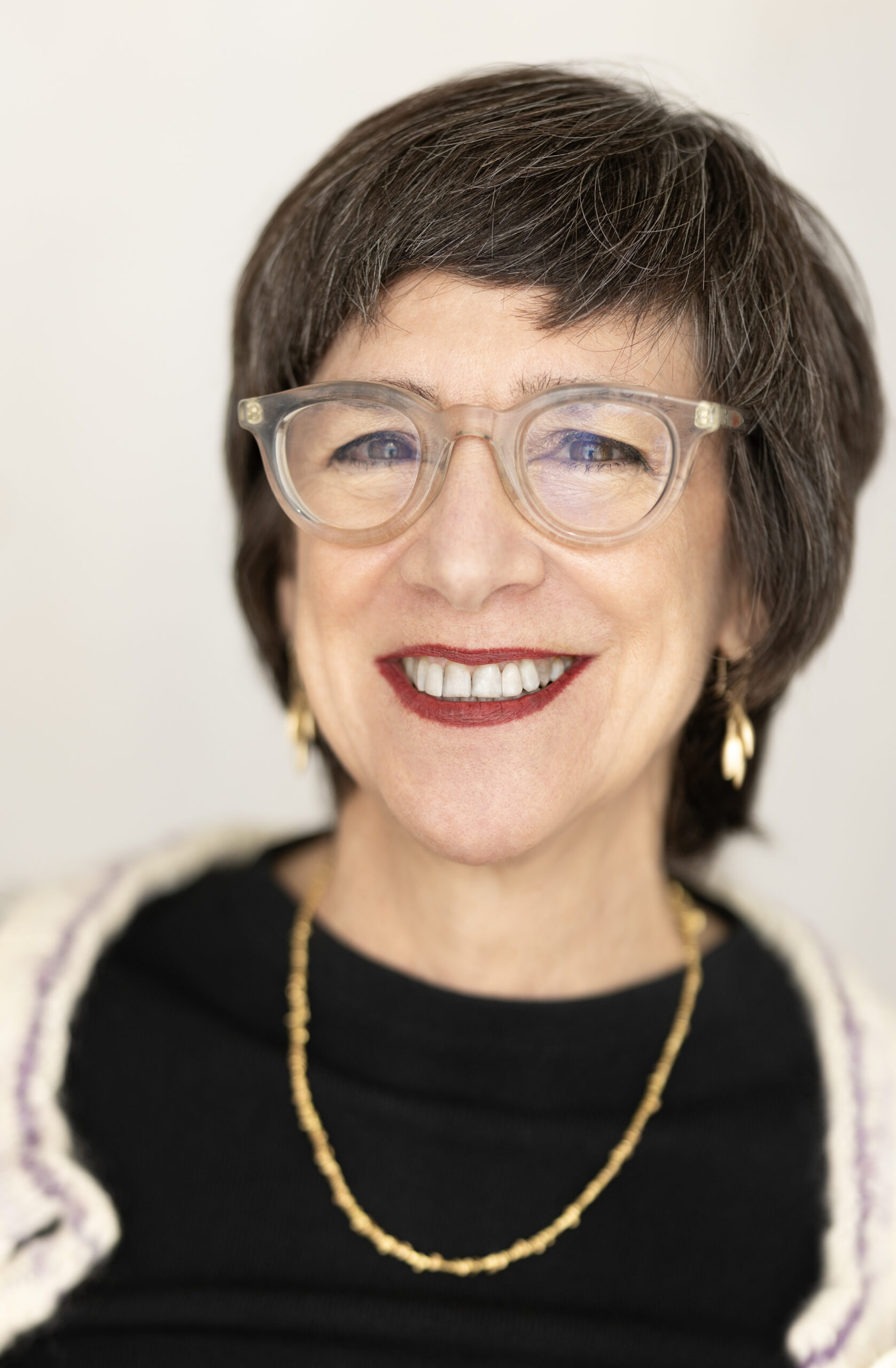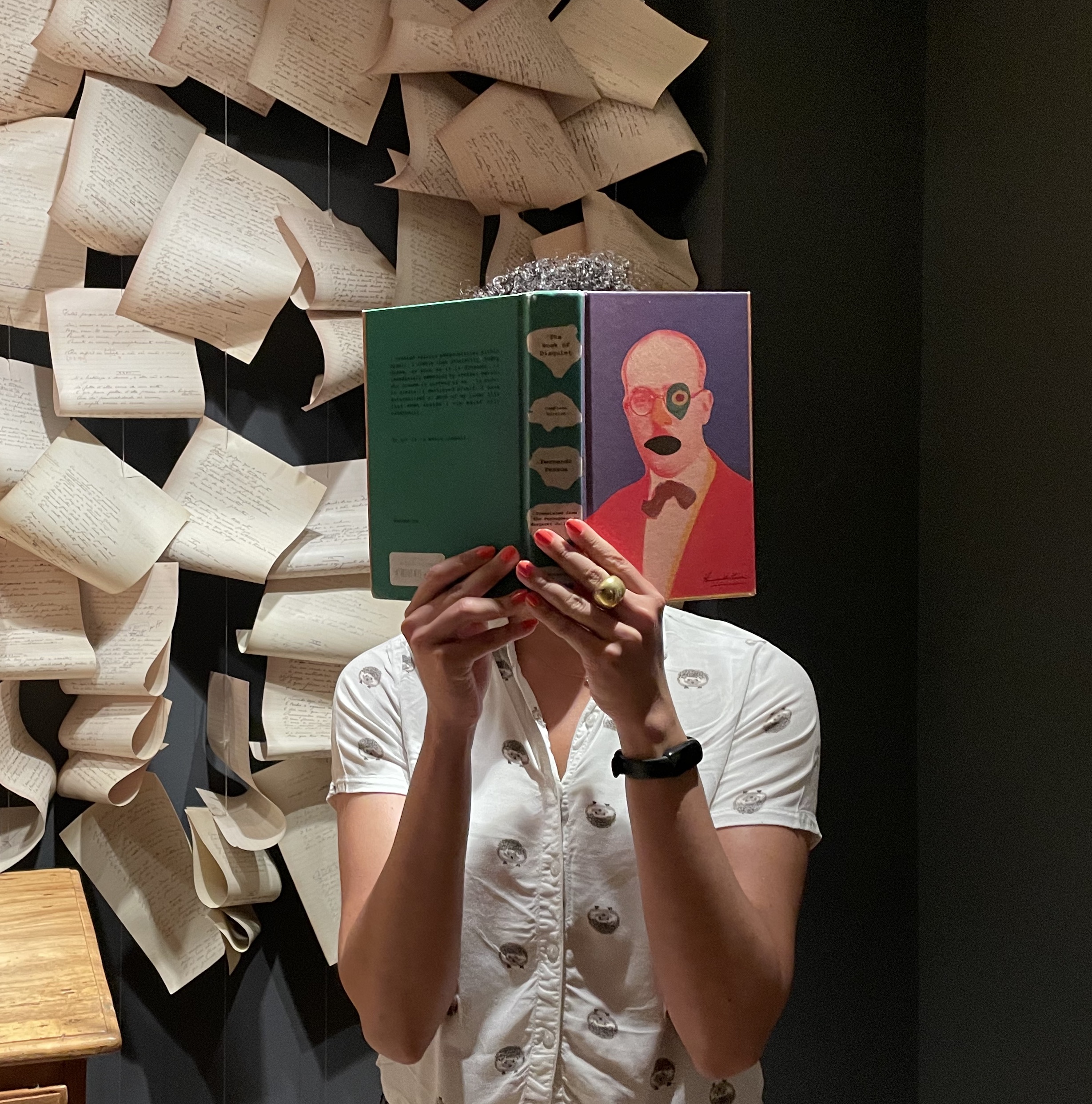At The Common, we’re celebrating the New Year with four poets new to our pages.

Almost Animal
I heard they no longer sew eyelids of the dead shut.
When I pressed my palm to his wrapped chest
it was an abbreviation for marriage.
And as I left the morgue that day,
I emptied the room—I carried him on my back
and over my shoulders. I carried him
across my forehead and between my shins.
At home, I molded a ball and cannon.
This was my way of waging war on suicide.
I didn’t eat, and I slept only some of the nights.
Do you think I chipped away at the day
the same way I did the night?
There was nothing left for me to look at
so I closed my own eyes.
I wore sunglasses and a light jacket.
I wore them until I met my future husband.
Until then, I busied myself counting the lacerations
on my dead husband’s neck and wrists.
I am good with numbers.
I didn’t spend all this time counting
just to get so far in front of him.
But the hours I waited for him
layered like moths around a weak light.
I wanted to burn the holding room and sell its ashes.
After the dried blood was wiped from his face,
his jaw was set with a piece of string.
They tried to leave a natural appearance.
His throat was a village; my palm an iron of matrimony.
I wanted to smooth his clothes; I wanted to clean his hair.
I should have been the one to prepare his body.
It would have been easier that way.
But it didn’t matter,
he was going right into the fire.
San Bonaventura
In the guitar player’s notes shouldering
the path to San Bonaventura al Palatino
were scales of Franciscan Latin with no translation.
We walked past the gaping ruins and climbed
a slight but defiant incline, once or twice
glancing back into the wide eyed stares
of the Roman Forum.
But the pleasures of knowing
we will put down our crosses
and never be nailed to this city nor any other
is what clothed the music in vestments
of quiet plaster and ancient stone
as it danced in the doorway of the friary.
The unblinking relief of the Stations of the Cross
carved within the wall marked
our journey and that of Christ.
Can we rightly compare our suffering?
Embarking is always harder than the return.
And the morning is often hardest.
And the taste of empty hands
and a large vacant mouth.
A mouth large enough for the Eucharist
or a fist. Aqueducts of time and fortune
will water what we call our love. And we believe it.
All of it. Hail Mary. Gratia plena.
Dominus tecum. Gratia plena.
If I listen to Latin long enough,
I believe I speak it.
Didi Jackson’s poems have appeared in Ploughshares, Passages North, Green Mountain Review, Sierra Nevada Review, and numerous other publications.
One Percent Milk
If this is the privileged milk,
the you-can never-be-too-thin-or-too-
rich milk, then what percentage is
the milk of human kindness or
mother’s milk here in the land of
milk and honey, here where privilege
is white as milk and where we
shouldn’t cry if it’s spilt?
Ellen Steinbaum’s work has been twice nominated for a Pushcart Prize and is included in Garrison Keillor’s Good Poems, American Places, and The Widows’ Handbook.
The Poet Samuel
1.
I took the poet Samuel Menashe
to Orfeo ed Euridice,
the one where dead celebrities
inhabited Hades,
then
at inter-
mission
asked him
had he seen
his buddy Susan
Sontag singing
next to Genghis Khan.
“They were supposed to be real people?”
“Surely you noticed Abraham Lincoln? In the stovepipe hat?”
“Yes, I saw him.”
Thus
at each
other
puzzled we
had bad
pizza with
my oldest
friend from
Budapest,
met by chance outside the Met,
whom Samuel by
my side decried
for having assimilated
and not been exterminated.
It was
one of those days,
like life,
that nothing
bends
to sense.
It was
one of those nights,
like death,
that no one
goes home
happy.
2.
Uncanny,
Alice Quinn
was she
who told me Samuel’d died, for
O how he loathed
the New Yorker
for having printed his poems
in The Talk of the Town
as if they were only talk
and not
to be taken
more seriously
written
for brevity.
Though face it,
Talk’s the
only section
anyone is
guaranteed
to read
besides the
cartoons.
Art’s too near
to look
at life
through, life
too brief
to wait
for art
to make
it matter.
Coco de Casscza has poems forthcoming in U.S. 1 Worksheets and American Arts Quarterly and a poetry collection, A Grammar of Glamour, appearing this February from Temple Street Press.
Letter
Was his health good? Was his teeth good?
Did he say anything about us or leave
A message? It brings me consolation
To think you were with him at the end.
Had he been sad for a very long time
Or do you know? Did he need money?
Why did he do it or do you know?
He always did keep lots of secrets.
Did he have a problem in his gender,
I suspected that. We are all very grateful
For any information you can provide.
Also any little thing of his you may have
That may be a remembrance of him
We surely would appreciate it.
As you can imagine we’re taking this
Real hard. Was he in love or do you know?
Max Freeman’s poems have appeared in Barrow Street and will be published this year in Poetry International and BLOOM.




